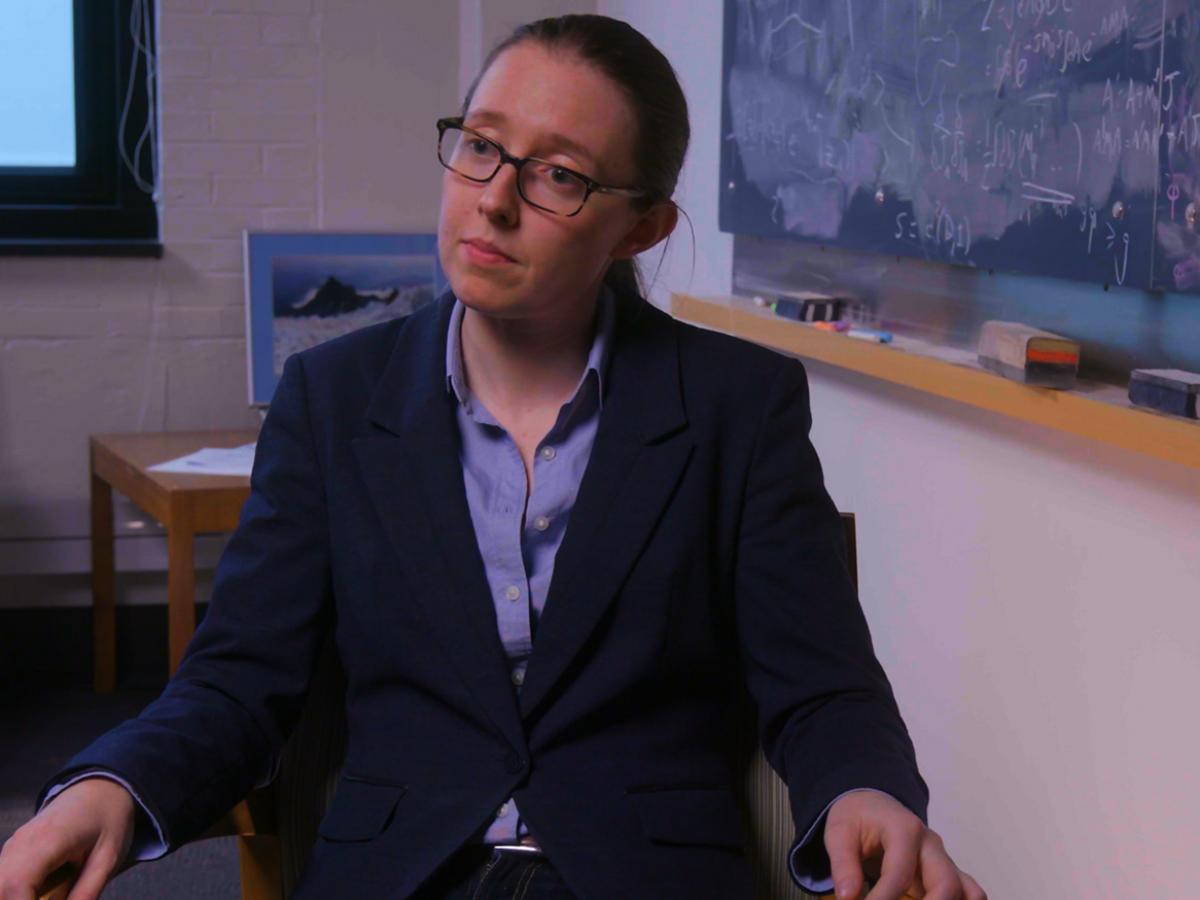Dr Phiala Shanahan
Recipient of the James McWha Rising Star Award 2022 and 2023 SA Woman of the Year
For Professor Phiala Shanahan, the decision to study Physics at the University of Adelaide ultimately came down to the pursuit of knowledge.
"I couldn’t be a pedestrian enjoyer of physics, I wanted to understand the complex mathematics behind the physical theories that underlie our understanding of the universe,” she said. “I also wanted to see how hard I could be pushed."
After first receiving an Honours Degree of Bachelor of Science in High Performance Computational Physics from the University of Adelaide in 2011, Phiala then went on to complete her PhD at the University in 2015.
Her PhD dissertation Strangeness and Charge Symmetry Violation in Nucleon Structure earned her the American Physical Society’s 2017 Dissertation Award in Hadronic Physics; the 2016 Bragg Gold Medal for the best PhD completion in physics in Australia; and the 2016 Postgraduate Alumni University Medal.
Following the completion of her PhD, Phiala’s career took her to the United States, where at just 27 years old she was appointed as the youngest Professor of Physics at the Massachusetts Institute of Technology (MIT). “I think my biggest career highlight so far was receiving tenure at MIT,” she said.

Professor Phiala Shanahan
Bachelor of Science (High Performance Computational Physics) (Hons) 2011,
Ph D (Physics and Astronomy) 2015
I wanted to understand the complex mathematics behind the physical theories that underlie our understanding of the universeProfessor Phiala Shanahan
“It’s really permission to continue doing what I think is the best job in the world for as long as I’d like to.”
Phiala’s significant contributions to her field have earned her an impressive registry of accolades, including the Maria Goeppert Mayer Award from the American Physical Society for outstanding achievement by early-career women physicists.
In 2020, she was named one of Science News’ 10 Scientists to Watch. In the same year, she received the Kenneth G Wilson Award for Excellence in Lattice Field Theory, MIT’s Teaching with Digital Technology Award, and an Early Career Research Award from the U.S. Department of Energy.
Phiala was also a 2018 Simons Emmy Noether Fellow; received the 2018 National Science Foundation’s CAREER Award; and was featured in the science category of Forbes Magazine’s 30
Under 30 in 2017.
She has fast become a leader in theoretical physics and is a passionate educator. “My motivation in physics has really evolved over time,” she said.
“These days, it’s both about being able to understand something new about the universe and being able to add to our understanding about the way the universe works, but also to be able to see the junior researchers in my group light up and begin to come up with their own ideas.”
On 6 March 2023, Dr Phiala Shanahan was awarded 'Innovator of the Year' in the South Australia Woman of the Year Awards for her significant contributions to her field.
